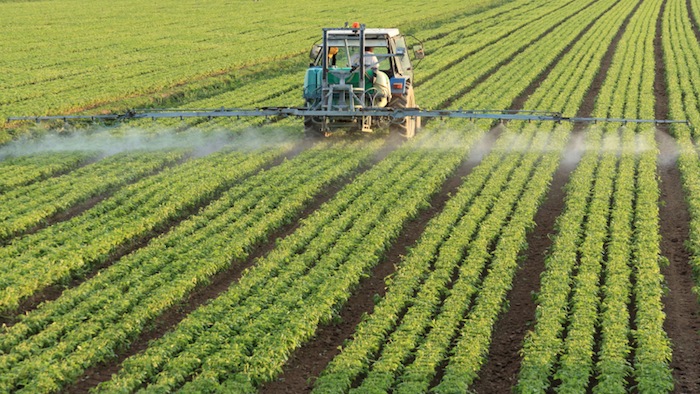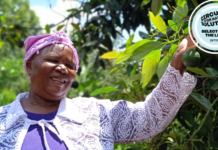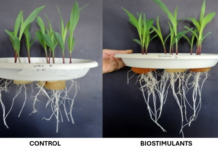The government of Malawi has managed to secure a US $4.8Bn loan to finance an Agricultural Commercialization Project (AGCOM) for the purpose of transforming Malawi’s agriculture sector from predominantly peasant farming to commercial farming. The Director of Planning and Development in the Ministry of Agriculture, Irrigation and Water Development (MoAIWD), Alexa Namaona said AGCOM which is running for five years from 2018 to 2023 is the backbone for worth creation among farmers.
Mr. Namaona further explained that the project is being implemented by the Ministry of Agriculture in conjunction with the Ministry of Industry, Trade and Tourism through the Independent Project Implementation Unit (PIU). This, he added, aims to increase commercialization of agriculture value chain products including crops, livestock and fisheries for the domestic and export market.
AGCOM will reportedly target small scale and emerging poor farmers who cultivate more than 8ha and farmer organizations with the capacity to produce beyond subsistence.
Namaona said that the project will assist farmers from all corners of the country who are expected to organize themselves in groups/cooperatives and make business proposals that will be financed by AGCOM.
The National Coordinator for AGCOM, Dr. Ted Nankhumwa said AGCOM project is a flagship of Malawi government to graduate farmers from subsistence farming to commercial farming, we will identify the small scale and medium farmers who will be required to submit proposals.
He further added that the project is reaching out to all interested farm groups across the country who submit proposals and that no allocation is provided to a particular district.
According to the National Coordinator, the districts will benefit according to the proposals that sent, trade officers and other officials in the district that work with these groups to be proactive are expected to ensure that the cooperatives are coming forth with proposals.
Ideally, the aim is to build 300 alliances which translate to 650,000 households that will benefit and graduate from subsistence farming. Successful Cooperatives will be given matching grants to procure capital equipment and technical support to link them to markets.









